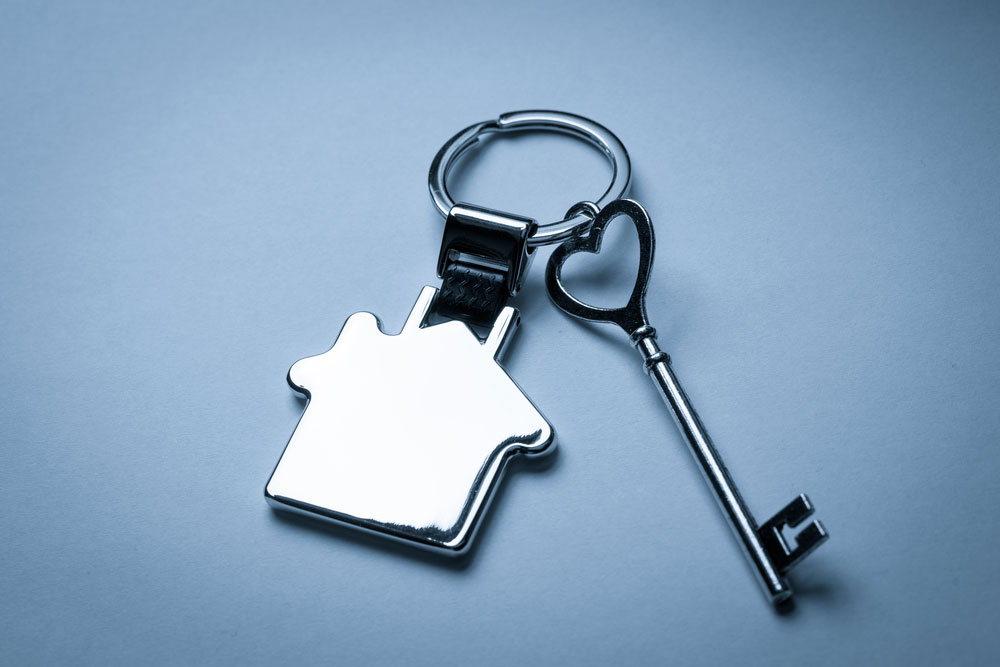There is a lot of talk about why startups should set up shop in Spain. Over the past few years there have been an increasing number of investments made into startups here, and it seems like the ecosystem is growing at a rapid pace considering all the co-working spaces, accelerators and investors that are popping up throughout the country. However, what aren’t being mentioned are the key administrative steps that a foreigner must take before being able to incorporate a company in Spain. They are not the most exciting steps as they include things like getting an ID number, social security and registering in the tax system, but are absolutely necessary.
Spain is quite a bureaucratic country so this, unfortunately, results in multiple steps that are required. The government websites are not the easiest to look through either, seeing as the English translation is minimal. Nonetheless, once you know exactly what to do it can go quite smoothly. For this reason, today I will be summarising each step, letting you know what it means, why you need to do it, where you need to go, things to bring, and what the sub-step consists of (there are usually a few sub-steps within a step!). It’s great to get this all out of the way before going to your lawyers to start the incorporation process, because they can take a few weeks to complete.
In the last 3 months we moved our startup, ValorTop, from Copenhagen (Denmark) to Valencia (Spain). Two of the founding team consist of EU, non-Spanish citizens so just went through the entire process ourselves. Keep in mind what I write today is for EU citizens only; non-EU citizens have a slightly longer process to go through due to the need to process visas. This will be a theme for another day.
Get a NIE number (Número de Identidad para Extranjeros)
What: Identity number for foreigners that are from EU member states. Once you receive one, it is yours forever. The initial document they give you is valid for 3 months. Later on in the post I will speak about how to obtain a long-term residency.
Why: It will serve as your ID number for all administrative processes within Spain, from everything such as opening a bank account to renting a car.
Where: The relevant Police Station or foreign office in your city; use this locator tool to find out. Usually they are open between 9:00-14:00 during weekdays and are closed during the weekend. The lines for these offices tend to get very long very quickly, so I recommend arriving there at around 8am with a fresh coffee and e-reader!
The original and copy of your passport
15 euros in cash (the application costs approx. 12 euros)
This form printed and filled out.
Document proving why you need the NIE. We used the acceptance email from our accelerator, but a personal statement is also accepted.
Process:
Present the documents stated above.
They will process the form and give it back to you along with an invoice of roughly 12 euros, that you must pay at a bank.
Go to the nearest bank (any branch will do), pay the invoice and go back to the office with the receipt and that original document you filled out.
Present these and they will process your application, letting you know that your NIE document will be ready in 7 days.
Go back in 7 days to pick it up! Usually you don’t need to wait in line for this, but it depends on the office so make sure to double check.
Remember, this is valid for 3 months. More on this later.
Start renting a place
The process for this is pretty standard. Look for an apartment through one of the portals such as EnAlquiler and Pisos. Stay away from English websites because their prices are ‘foreigner prices’, aka extortionate. Keep in mind that many landlords  work through estate agencies that take a months rent as their cut of the pie, so it can get pretty expensive. I’d recommend finding an apartment that is advertised by the owners themselves.
work through estate agencies that take a months rent as their cut of the pie, so it can get pretty expensive. I’d recommend finding an apartment that is advertised by the owners themselves.
The rent conditions in Spain are quite strict. The minimum rental period is 1 year (legally required to place in the contract), you must present a document proving that you will reside in Spain for at least this period, show your last 3 payslips, and pay roughly 3 months in advance. Now, as entrepreneurs who are just starting their company you may not have payslips nor actual proof (like an employment contract) that you will stay for a year, so you will have to get creative. We used the fact that we’ve been accepted by an accelerator and will receive funding. There are many options, so figure out what suits you best.
Obtain your Empadronamiento certificate
What: It is a piece of paper proving that you live at a certain address in Spain.
Why: It is a somewhat strange document, but it is absolutely necessary for the next steps.
Where: From the Town Hall (ayuntamiento) of your city. It doesn’t take long at all. If there aren’t many people in line, it will take you around 15 minutes.
Things to bring:
Your passport,
NIE document
Rent contract
Process:
Show up and head to the relevant counter.
Present the documents, they will process it within minutes.
They will print the certificate, and that’s it! I’d recommend asking for 3 printed copies, so that you have a few to spare.
Get a Seguridad Social number (social security)
What: Your social security number (número de afiliación de la seguridad social), which is your ID number within the Spanish Tax System.
Why: So that they know who needs to be charged for monthly taxes. Yay! It also tracks pensions, unemployment and the likes.
Where: Your local Seguridad Social office. There is one in each city, and make sure to check whether your branch is relevant for you by using this office locator. There is usually a specific office that is dedicated to issuing these numbers.
Things to bring:
Passport
NIE document
This document printed and filled out.
Process:
Present the relevant documents at your local office.
They will process the application and, at the same time, give you a form stating your social security number. Make sure to keep this safe, as there isn’t an official card or anything.
Register yourself with the Agencia Tributaria (Tax authorities)
What: Now that you have your social security number, you need to go to your local tax office and register this number in the Spanish Tax System aka, Agencia Tributaria, or sometimes referred to as La Hacienda.
Why: So the government can keep track of whether you’ve paid your taxes. Another yay!
Where: There are often numerous Hacienda offices throughout the cities, so use this link to find out the right one for you.
Things to bring:
Social security document
NIE document
Passport
Process:
Make an appointment by clicking on ‘Appointment’ in the left column of this website.
Present the relevant documents at your local Hacienda office.
They will present you with a form to fill out on the spot.
The representative will process your application and register you in the system, right on the spot.
Speak to your lawyers
Now that you’ve completed the self-registering steps in Spain, it is time to speak with your lawyers to start the incorporation process and set up viable contracts. Why do you need a contract? Well 2 major reasons are;
To open a local bank account that the Tax Authorities can link to your social security number
To apply for long-term residency.
There are two general types of contracts that can be made:
Autónomo: self-employed. Lawyers advise those that have majority stake in the startup to register as self-employed.
Standard employment contract: those that are founders (or not) and have less than majority stake are recommended to take a normal employment contract.
It is common to have more than 1 authoritative powers within the company, so it is definitely a case-by-case situation. Your lawyers will advise you what’s best. While the incorporation is being processed, the company will be given a provisional identification number, which will enable you to set up the contracts, open a bank account, and apply for long-term residency.
The entire incorporation process will be a topic for another day, so let’s assume that it is either being undertaken or finalised (it usually takes a month), you have your autónomo or employment contract and you’re ready to apply for a long-term residency.
Apply for Certificado de Registro de Ciudadano de la Unión (long-term residency)
What: A card that permits you (an EU, non-Spanish citizen) to live in Spain for up to 5 years.
Why: Your initial NIE document is only valid for 3 months.
Where: At the same Police Station or Foreign Office where you applied for the NIE document.
Things to bring:
NIE document
The original and copy of your passport
Empadronamiento certificate
This form printed and filled out.
Autónomo or Employment Contract (in case you’ve been registered as an autónomo, you can only apply for this residency after having paid 3 months of social security taxes; you need to bring receipts of payment. You cannot pay these in bulk, so you will need to wait 3 months. Yes, this means that your NIE document might expire by the time you can apply for the residency, but don’t worry you can re-activate this document at that same office and then proceed with the application)
Process:
Present the above documents, and they will process your application.
Weirdly enough, they actually give this card to you directly on the spot!
Done! Now you can legally reside in Spain for up to 5 years.
So, there you are. These are the self-registering steps that an EU, non-Spanish citizen must make before being able to incorporate a company in Spain. Keep in mind that these processes don’t happen over night, and can take up to a couple of weeks to have everything finished. Make sure you give yourself and the company enough time.
Let me know if I’ve missed anything out, and if your experience has been different! I would love to hear your thoughts.
Photos Credit Shutterstock








Leave a Reply